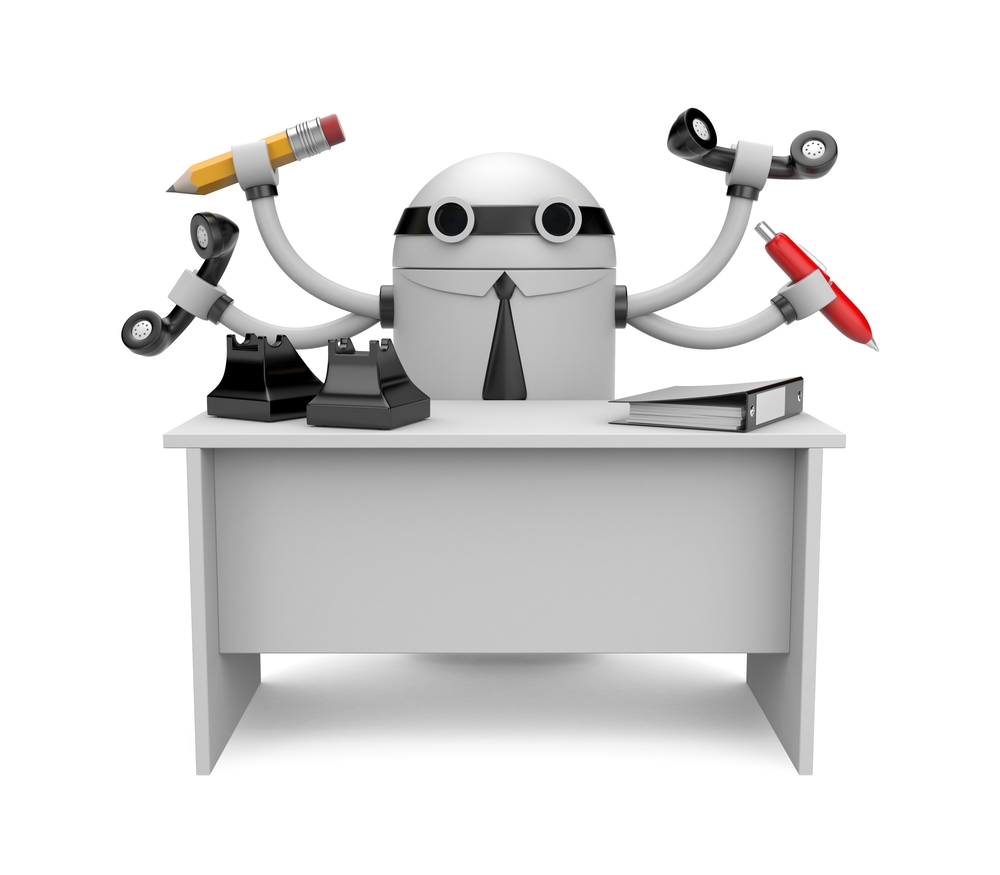Will robotics bring a new dawn for digital transformation in the UK?

Digital transformation has become a popular term in IT circles, fast becoming a priority for organizations across the private and public sectors. The UK government’s shift to digital services and departments has been a longstanding goal over the last three years and continues to be a long-term objective, as success across online services has created more efficiency for both workers and UK citizens. It’s surprising therefore that this year’s Budget, as delivered by George Osborne, was a little light on the technology front and neglected the next chapter in the government’s digital story.
IT and technology sectors are considered to be the foundation points for economic growth and needs to continue to be a priority for organizations to get more done. Productivity plays a crucial role in sustaining this growth, but continues to be an area where the UK falls short. Just recently, the Smith Institute found that while UK workers continue to work longer hours, they are less productive. Academics have questioned whether technology has a role in solving this puzzle.
Robotics: The next big thing?
Something that was raised in the Budget was the opportunities that robotics present. The UK will be trialing driverless vehicles to see if they present a viable alternative to resource that can otherwise be used elsewhere. This immediately allows us to think about the opportunities available if we were to raise digital transformation up a notch. It also raises questions as to whether robotic implementation will take over our jobs. Could digital transformation lead to the rise of the machines?
In short -- no. Rather, the introduction of automated machines in organizations is an extension to what is already happening with new technology that is already finding its way into the workplace. Apps, automated machines, smart appliances, smart buildings, all enhance the working environment so that workers can get more done. Robotics will fit in the worker experience in much the same way.
So how can organizations welcome robotics as part of the digital transformation story in a way that will prove positive?
Embracing this new technology, rather than rebelling will be key. It is important to not lose sight of that long term objective and understand that this opportunity creates a wealth of benefits to improve the worker experience. The rise of robotic assistance presents the perfect opportunity to upskill the workforce. Workers now have the freedom to upgrade their skill set, because robotics take the strain on those tasks which were once restrictive or time consuming.
For some industries such as manufacturing, robotic aid has been responsible for simple yet time consuming processes that have taken up valuable resource. Now it can channel this resource into areas of much needed innovation to ensure that this sector is able to grow and thrive.
More time and money can be invested in engaging with the workforce. This in turn creates a strong company culture and keeps retention rates high as workers have more time for themselves -- to learn new things as well counter long hours that prove unproductive.
What this ultimately means is that a better worker experience creates a better customer experience. The two are intrinsically linked. Happy workers mean happy customers. Digital transformation and the prospect of robotics is and will continue to have its role in creating this virtuous cycle.
Photo Credit: Palto/Shutterstock
Justin Anderson VP Sales, CRM and HCM, Appirio
Published under license from ITProPortal.com, a Net Communities Ltd Publication. All rights reserved.